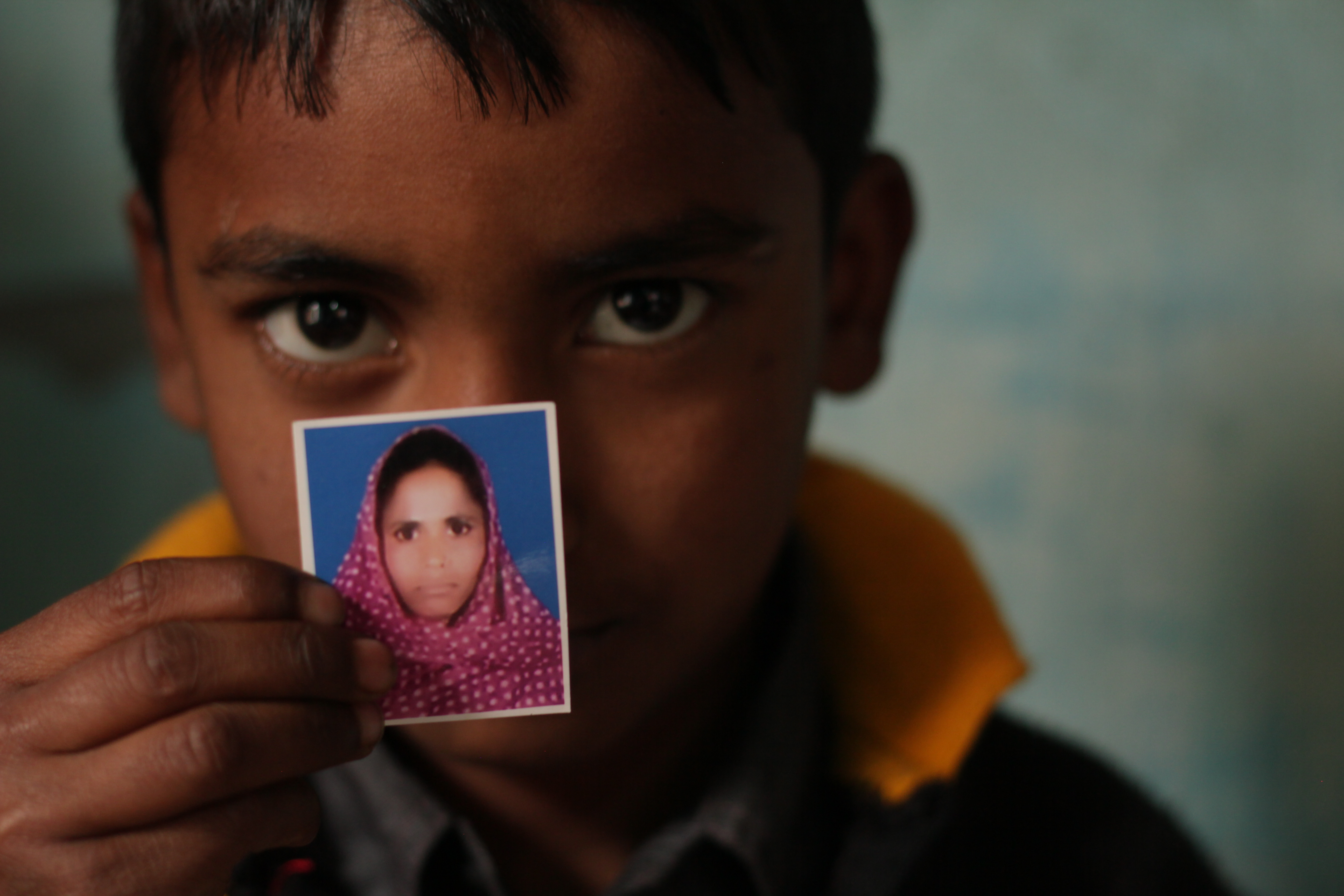Elk jaar maakt WSM een jaarverslag, iets wat minder droog dan ons rapport voor de Belgische overheid, en met een bepaalde focus. Voor het 2014 jaarverslag kozen we de informele economie en het werk dat de WSM partners hierrond doen in Zuid-Azie.
2014 was een druk jaar voor de partners van WSM in Zuid-Azië. Meer dan 400.000 mensen werden door de partners bijgestaan op verschillende manieren rond het recht op sociale bescherming (rechtsbijstand, beroepsopleiding, sociale economie, sociale zekerheid, gezondheidszorg), waarvan 54% vrouwen. Zo kregen meer dan 72.000 mensen betere toegang tot sociale beschermingssystemen en 275.000 mensen tot betaalbare gezondheidszorg. Gezamenlijke politieke actie lobbyt met de nationale regeringen o.m. in Nepal rond veiligheid op het werk en rond gezondheidszorg voor textielarbeidsters in Bangladesh. De Bangladesh partners waren ook actief in de campagne die in België één jaar na de Rana Plaza ramp werd gevoerd en meer dan 13.000 handtekeningen verzamelde en er toe leiden dat JBC en Bel&Bo zich bij de Fair Wair Foundation aansloten.
 Eén van de thema’s waar WSM en onze partners het actiefste rond zijn in Zuid-Azië is de informele economie, één van de grootste uitdagingen betreffende waardig werk. Acht op tien mensen in Zuid Azië werken in de informele economie, wereldwijd de regio met het hoogste percentage van mensen die hierin werken, in Nepal bijvoorbeeld goed voor 40% van het BNP. Het betreft meestal werk zonder duidelijk loon, maatregelen, statuut en dat vaak niet of slechts onrechtstreeks belast wordt. Meerdere problemen plagen deze werkers: geen schriftelijk arbeidscontract, geen identificatie, inkomstenonzekerheid, geen garantie voor veilige werkomstandigheden of dekking in geval van ongevallen, onbeperkte uren, werkers die uitgesloten van sociale zekerheidssystemen of collectieve arbeidsovereenkomsten. Vaak zijn het relatief ongeschoolde werkers, zoals huispersoneel, bouwvakkers of dagwerkers in de landbouw, die lange uren werken voor lage lonen en zonder jobzekerheid.
Eén van de thema’s waar WSM en onze partners het actiefste rond zijn in Zuid-Azië is de informele economie, één van de grootste uitdagingen betreffende waardig werk. Acht op tien mensen in Zuid Azië werken in de informele economie, wereldwijd de regio met het hoogste percentage van mensen die hierin werken, in Nepal bijvoorbeeld goed voor 40% van het BNP. Het betreft meestal werk zonder duidelijk loon, maatregelen, statuut en dat vaak niet of slechts onrechtstreeks belast wordt. Meerdere problemen plagen deze werkers: geen schriftelijk arbeidscontract, geen identificatie, inkomstenonzekerheid, geen garantie voor veilige werkomstandigheden of dekking in geval van ongevallen, onbeperkte uren, werkers die uitgesloten van sociale zekerheidssystemen of collectieve arbeidsovereenkomsten. Vaak zijn het relatief ongeschoolde werkers, zoals huispersoneel, bouwvakkers of dagwerkers in de landbouw, die lange uren werken voor lage lonen en zonder jobzekerheid.
2014 was een druk jaar voor de partners van WSM in Zuid-Azië. Meer dan 400.000 mensen werden door de partners bijgestaan op verschillende manieren rond het recht op sociale bescherming (rechtsbijstand, beroepsopleiding, sociale economie, sociale zekerheid, gezondheidszorg), waarvan 54% vrouwen. Zo kregen meer dan 72.000 mensen betere toegang tot sociale beschermingssystemen en 275.000 mensen tot betaalbare gezondheidszorg. Gezamenlijke politieke actie lobbyt met de nationale regeringen o.m. in Nepal rond veiligheid op het werk en rond gezondheidszorg voor textielarbeidsters in Bangladesh. De Bangladesh partners waren ook actief in de campagne die in België één jaar na de Rana Plaza ramp werd gevoerd en meer dan 13.000 handtekeningen verzamelde en er toe leiden dat JBC en Bel&Bo zich bij de Fair Wair Foundation aansloten.
 Eén van de thema’s waar WSM en onze partners het actiefste rond zijn in Zuid-Azië is de informele economie, één van de grootste uitdagingen betreffende waardig werk. Acht op tien mensen in Zuid Azië werken in de informele economie, wereldwijd de regio met het hoogste percentage van mensen die hierin werken, in Nepal bijvoorbeeld goed voor 40% van het BNP. Het betreft meestal werk zonder duidelijk loon, maatregelen, statuut en dat vaak niet of slechts onrechtstreeks belast wordt. Meerdere problemen plagen deze werkers: geen schriftelijk arbeidscontract, geen identificatie, inkomstenonzekerheid, geen garantie voor veilige werkomstandigheden of dekking in geval van ongevallen, onbeperkte uren, werkers die uitgesloten van sociale zekerheidssystemen of collectieve arbeidsovereenkomsten. Vaak zijn het relatief ongeschoolde werkers, zoals huispersoneel, bouwvakkers of dagwerkers in de landbouw, die lange uren werken voor lage lonen en zonder jobzekerheid.
Eén van de thema’s waar WSM en onze partners het actiefste rond zijn in Zuid-Azië is de informele economie, één van de grootste uitdagingen betreffende waardig werk. Acht op tien mensen in Zuid Azië werken in de informele economie, wereldwijd de regio met het hoogste percentage van mensen die hierin werken, in Nepal bijvoorbeeld goed voor 40% van het BNP. Het betreft meestal werk zonder duidelijk loon, maatregelen, statuut en dat vaak niet of slechts onrechtstreeks belast wordt. Meerdere problemen plagen deze werkers: geen schriftelijk arbeidscontract, geen identificatie, inkomstenonzekerheid, geen garantie voor veilige werkomstandigheden of dekking in geval van ongevallen, onbeperkte uren, werkers die uitgesloten van sociale zekerheidssystemen of collectieve arbeidsovereenkomsten. Vaak zijn het relatief ongeschoolde werkers, zoals huispersoneel, bouwvakkers of dagwerkers in de landbouw, die lange uren werken voor lage lonen en zonder jobzekerheid.










